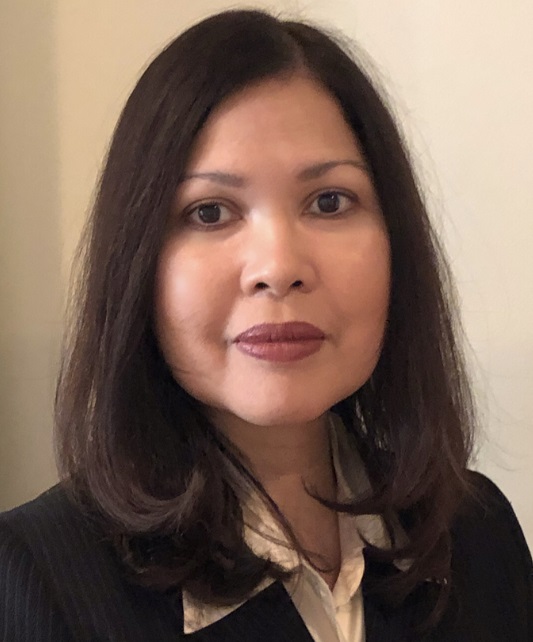Can one be retired and still travel the world?
By Charmaine Talvy
When I first met Carol, a pharmaceutical executive, she was 52 years old. She had just sent her only child off to college and wasn’t sure how to navigate her new empty-nester life.
Carol had been working at the same company for three years and before that, she held the same job for more than 10 years. Her husband, Matt, a lawyer, who was also 52 years old, had been with his company for over 20 years. They both wanted to start planning for retirement at this new stage in life – but weren’t sure how to begin.
Luckily, both spouses who live in New Jersey had some savings and investments. Carol had a 401(k) from a previous employer, but it wasn’t doing well, and she had limited investment choices in the plan. Matt has a 401(k) with his employer and some investments with an online brokerage firm. More than anything, they needed expert guidance on making their money work.
Client Concerns
I took a thorough assessment of their financial situation. That means I asked all sorts of questions about their personal life, their spending philosophy, plus some rather personal ones, like how much – or how little – money they had in their banks.
It’s also a time for Carol and Matt to raise their concerns. This meant questions about retirement planning. Their concern was that they wouldn’t have enough money to maintain their lifestyle after quitting the workforce. Everyone hopes for a retirement that closely mirrors their “regular” life. We want to continue taking vacations, going to the theater, eating at restaurants, or whatever other leisure activities we enjoyed during our working years.

Retirement Planning
We plan for retirement to achieve the financial goals necessary to maintain the lifestyles we’re used to. It’s never too early to start. This is what I’ve shared with Carol and Matt.
1. Retirement planning is more than determining the “now” situation. You and your family will look at your current assets and liabilities plus current income, in addition to what lies ahead. The idea is to make sure investments are appropriately diversified and account for any debts. The longer you receive income, the more money you can potentially save for your retirement
2. It’s vital to define your spending needs in retirement. This means listing what your expenses are now and determining what you still need in retirement (and what you can live without). For example, many retirees travel more in the first few years of retirement. This added expense should be part of the calculation of your income requirement for retirement. Other costs, such as food, shelter, healthcare, and insurance policies need to be considered as well. Your Financial Advisor will evaluate your current financial situation and help determine what is appropriate for you.
3. It is important to discuss your investment time horizon and liquidity needs. This will help determine how many more years you can continue to save and what type of investment assets you should have when you want to retire. For example, you can typically take on more risk if you are many years away from retirement, but you might want to invest more in fixed income assets as you get closer.
4. Risk tolerance is a paramount concern, but less risky investments could also mean less return in your portfolio. At a minimum, meet with your Financial Advisor once a year to account for any life or financial changes that may have taken place since your last appointment.
5. Future income flow such as a pension and social security are part of retirement planning. Typically, the longer you stay employed, the higher your social security income will be, and the more money you can save.
6. Expense in retirement must be figured out and broken down into essentials (like food and shelter), and discretionary (like travel). This may be the appropriate time to plan for future goals, such as buying a vacation home in the Philippines.
7. Don’t forget the financial legacy you would like to leave your loved ones: if you want to leave certain properties to a friend or relative, discuss that with your FA.
8. Other considerations for retirement include annuities, long term care, and life insurance. Each of these can help create financial security for both the retired person and his/her family.
Carol and Matt carefully took notes, secure in the knowledge that they could retire and still be prepared for their future and that of their family.

Charmaine Talvy is a Financial Advisor with Morgan Stanley. She graduated with a B.S. Business Administration from Montclair State University. She is a volunteer VP at the Filipino American Association of Central NJ and many other non-profit organizations in NJ. She is fluent in both Tagalog and Ilonggo.
*The information contained in this article is not a solicitation to purchase or sell investments. Names, identifying details, events have been changed to protect the privacy of individuals. Any resemblance to anyone is purely coincidental.










